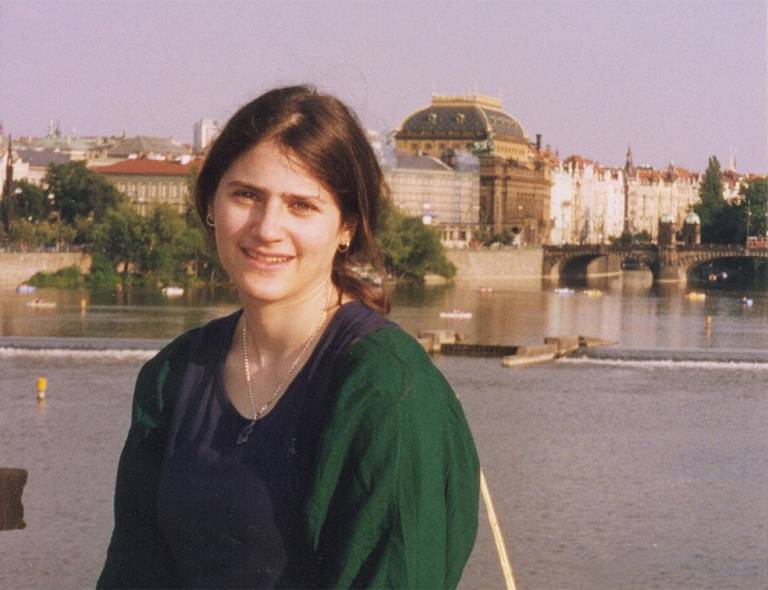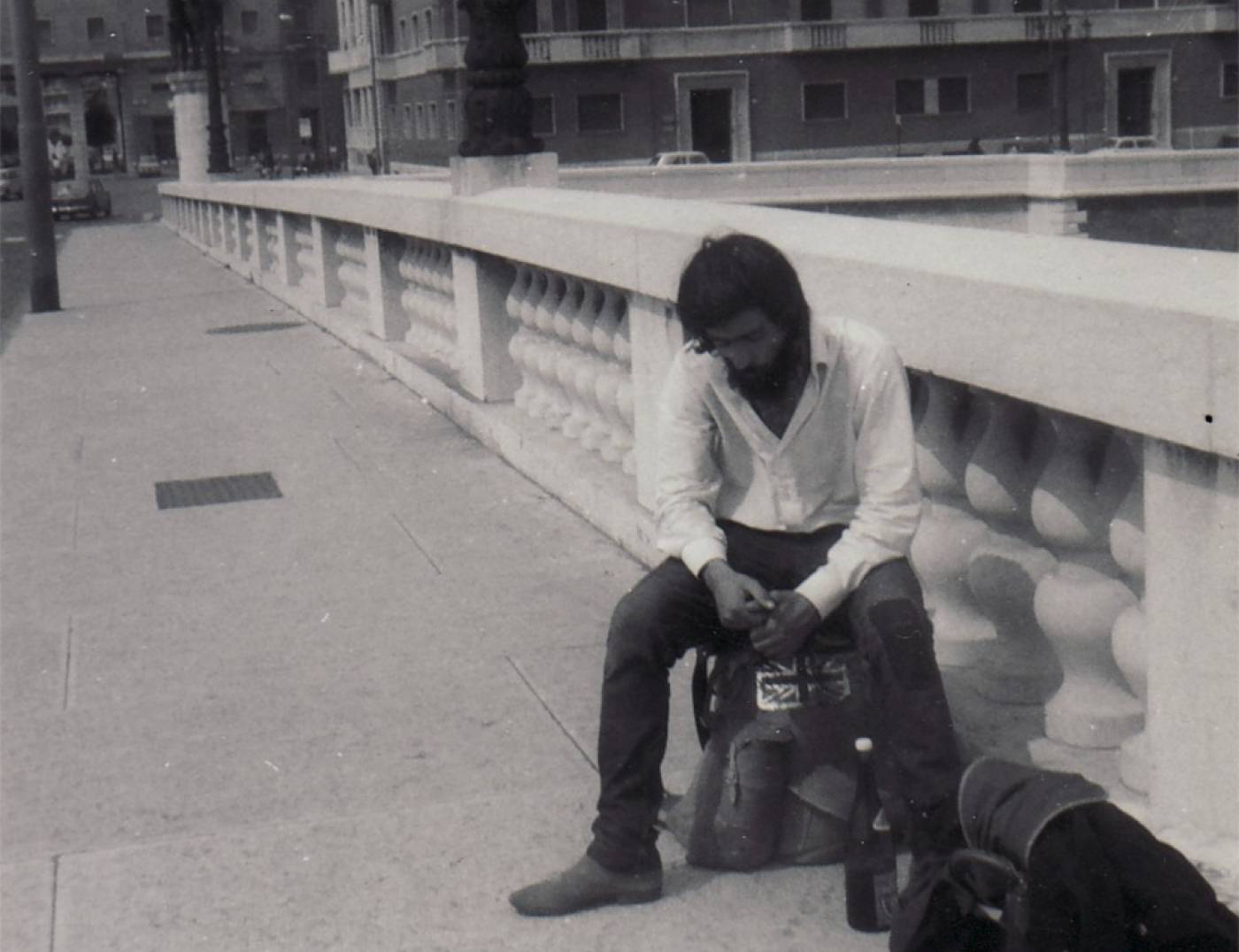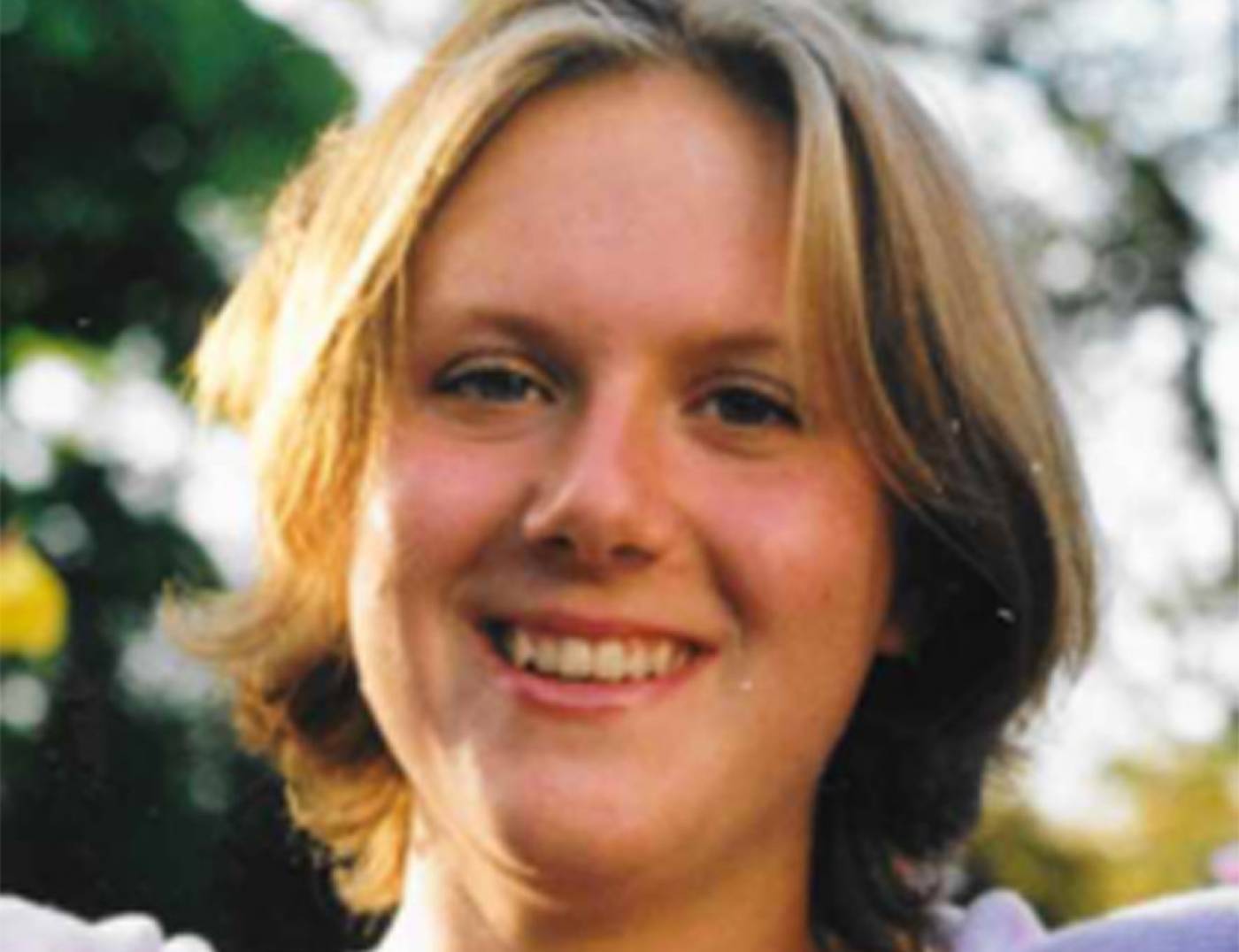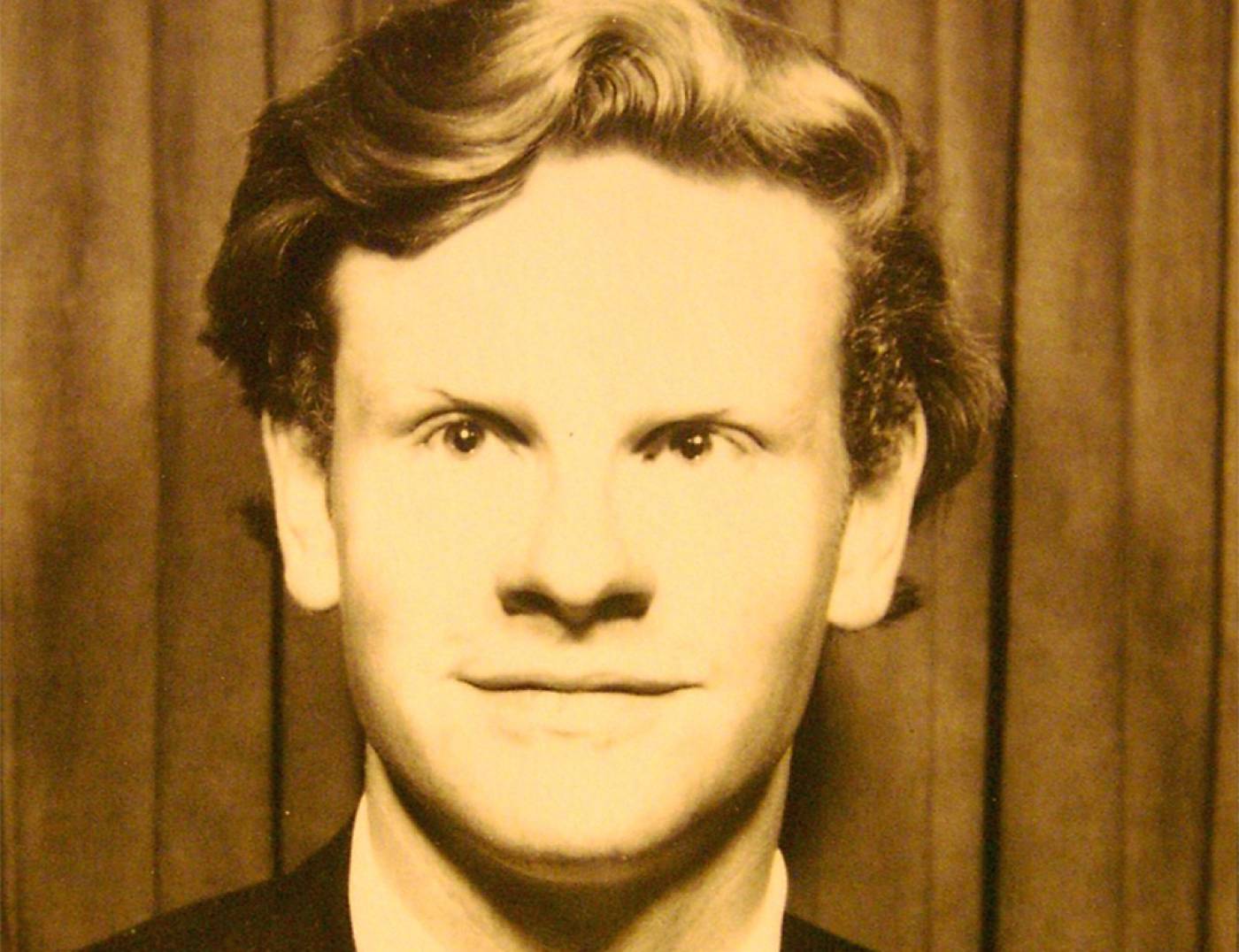A student survival guide: advice from UCL academics #2
15 March 2017
Meeting deadlines, adjusting to new surroundings, navigating relationships - just some of the challenges that can often make life as a student feel like a bit of a rollercoaster.
 Check out our second round of advice from UCL academics, based on their own experiences of being a student at university, which could help make the ride a little smoother.
Check out our second round of advice from UCL academics, based on their own experiences of being a student at university, which could help make the ride a little smoother.
1. Trust your intuition
One of the best pieces of advice I can give is to make sure to choose courses/modules that you truly love and feel inspired by! Studying at university for the first time can be stressful enough without having to battle a lack of motivation. If you feel early on like you're not going to enjoy a particular subject, don't ignore your intuition, and try to find an alternative if at all possible. There's no point in sticking with a subject because you think it's expected of you or because you feel like you'll be judged for changing your mind. When I first started my BA it took me a while to realise that it was alright to focus on the subjects that I loved. Don't be afraid to confide in your personal tutors - they will usually be very sympathetic, and will encourage you to concentrate on the areas that you're really passionate about!
- Dr Lily Kahn (UCL Hebrew and Jewish Studies), studied Hebrew at UCL
2. Work but have some adventures too

Europe in 1968: revolution was in the air and students wanted a taste of it - friends watched Russian tanks crush the Prague Spring and many more took part in the Paris événements. After my exams in May, I wanted adventure. Travellers could take only £50 out of the UK but somehow I spent six weeks hitchhiking 6,000 miles around Europe. Here you see me on the Ponte della Vittoria in Verona, clearly weary and probably short of food. I returned with sand-fly fever, wonderful memories, and a hope that the UK would join the EEC so that borders would be easier to cross. There are times when you must work - be focussed and don't be deflected by alternative ways of enriching life. But other times, be adventurous, take a few well-judged risks, do things that will be harder to do later in life, obtain experience as well as pleasure, expose yourself to those with different views and lifestyles and avoid the herd.
- Professor Nigel Harvey (UCL Experimental Psychology), studied Psychology at the University of Hull
3. Make essay-writing easier for yourself

I'm from the pre-JSTOR, pre-Moodle generation, from when libraries didn't like to loan books to undergraduates. While the widening world of information is fantastic, it seems this age of instant-access-everything sometimes causes us to suffer from indigestion. Sometimes my students tell me they feel bloated by a mass of undigested material when they sit down to write essays with their desks and desktops overloaded with books and downloaded articles. Hence some old-fashioned suggestions to help the rumination process: 1) take proper notes on each article (rather than use the yellow highlighter); 2) then make summary notes (how does each book answer the question? - two sentences maximum); 3) then make an essay plan; 4) finally, write the essay only referring to your notes and plan.
- Dr Tim Gibbs (UCL History), studied History at the University of Cambridge
4. Stay enthusiastic, stay healthy

Put your heart into your studies and enjoy. Think for yourself about why something is important enough to feature in a lecture or textbook. Later in life this will distinguish you from students who intend to do the minimum work for the maximum marks. Don't think of studies as clocking hours - instead, focus on surpassing your goals in terms of your understanding of the material. Enjoy the process. This is your chance to take yourself out of your comfort zone with your ideas and also by taking opportunities to study and work abroad in a new language and culture. Also, keep yourself physically fit as best you can. If you're at a computer all day, give yourself regular 'eye breaks' by looking at things in the distance. And go outside during daylight at least for a short time every morning.
- Dr Jemima Unwin (UCL Bartlett School of Environment, Energy and Resources), studied Architecture at the Mackintosh School of Architecture, Glasgow School of Art.
5. Appreciate the significance of your experiences

The first thing to say is "Enjoy!" For all the disadvantages of London as a university city (it is a big place and potentially a bit anonymous) the disadvantages are very definitely outweighed by the advantages and by the endless possibilities afforded by the city both in and beyond the college. So enjoy! But at the same time, take it all seriously. Remember that, as Martin Heidegger used to say, we are always ahead of ourselves morally and intellectually, always projected on something more than we are at any given point along the way. Let every encounter, then ‒ every conversation, every lecture, every book, every film, every concert ‒ be significant, apt to make of you a new person. Enjoyment, looking back on it, will then have been genuinely worthwhile.
- Professor John Took (UCL School of European Languages, Culture & Society), studied Italian at the University of Leeds
View 'A student survival guide: advice from UCL academics #1'
 Close
Close

